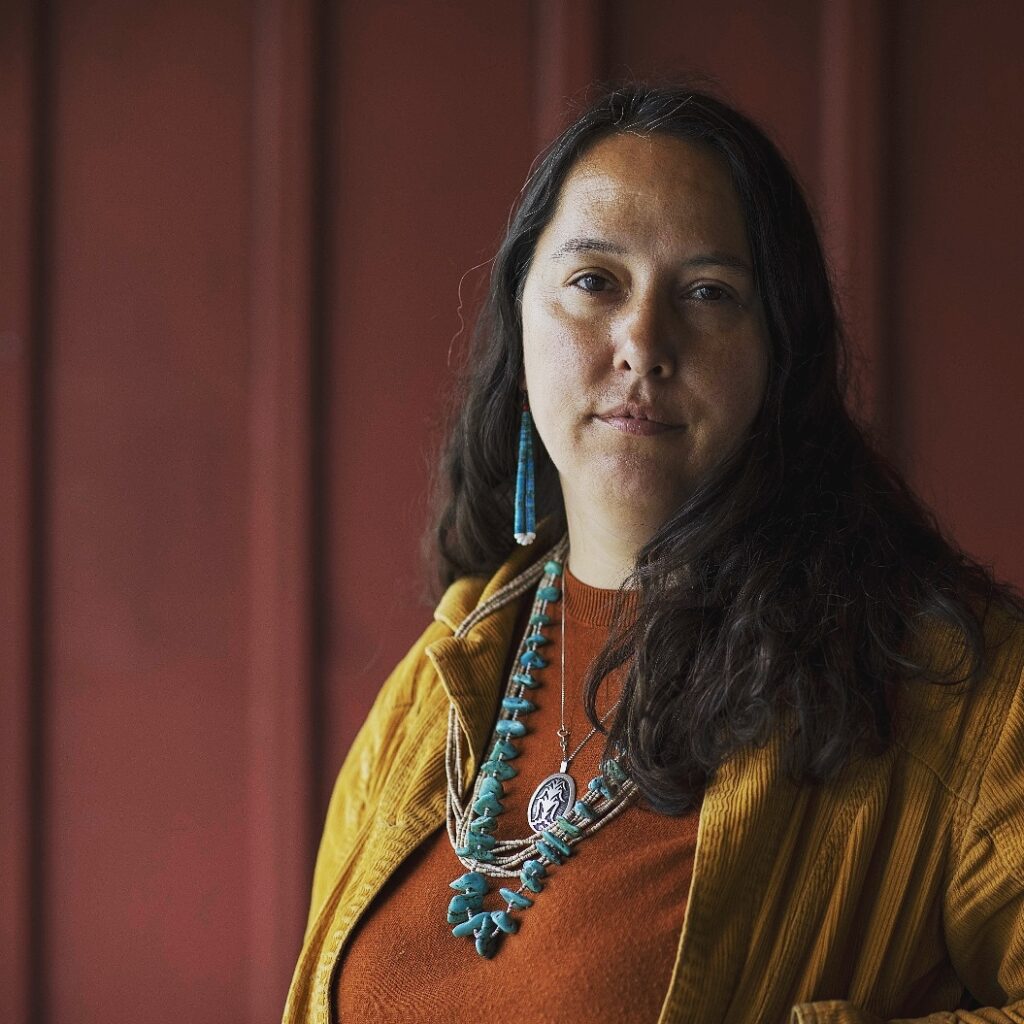
In this podcast we look at how Rowen White of the Mohawk community of Akwesasne is a leader in the seed sovereignty movement. As a farmer, seedkeeper, garden mentor, published author, creative intuitive, and more, White uses seed saving (where one saves the seeds from food grown for later planting) as an act of radical decolonization, or as she frames itre-indigenizing of the food system. We delve into the importance of seed saving as described by White herself, which focuses on the role seed keeping plays in storytelling and cultural preservation, as well as being a way to increase access to food. As we discuss the ideals that define seed keeping- storytelling, cultural preservation, abundance, and increasing access and autonomy around food- we explain how the act is inherently anti-capitalist and is working against the dominant system. In all her activism, White works to shift the conversation towards positive change, using terminology like re-indigenizing and rematriation to center conversations and set clear goals for how we can return land to its original stewards and inherent femininity. Rowen White lives her work, and she enacts it in many organizations and programs, a few to mention are Sierra Seeds, Seed Savers Exchange, the Indigenous Seed Keepers Network, and Permaculture Programs for Women Farmers. In this podcast you will also hear about some of the other organizations out there working towards seed sovereignty; such as True-Love seeds in Philadelphia; the work of Vandana Shiva, whose words have spread across the globe; or on a smaller local scale, Monocacy Farm. All of this culminates to show how seed saving is being practiced as an act of radical re-indigenizing, highlighting Rowen White as a leader in the movement.
I really liked the conversational style of this podcast as it made it very easy to listen to. I learned a lot about Rowan White and I also liked how you spoke about the importance of seeds and how they are inherently linked to femininity. I appreciated the focus on the Lehigh Valley and the notion of seed saving in general. Seed saving takes a lot of patience and is a form of counter culture to patented seeds that corps like Monsanto sells to farmers. The main takeaway of this podcast for me is that I should start saving the seeds from the food I eat and plant them in my backyard as a tiny act of protest.
I was particularly struck by the idea of seed literacy; I never really thought about the importance of understanding where our seeds are coming from because they seem so small and it’s easy to forget that they are the source of a majority of our food. I also appreciated you drawing the connection between seeds and public libraries; I agree that it’s a shame that seeds have been put under the system of capitalism and are stripped of a lot of their importance, quality, and accessibility. This podcast was really fun to listen to because it felt like you were both engaging in a casual conversation about something you cared about, not a project for a class.
Fantastic work! This was super laid back, informative, and conversational. The whole time I wished I was in the room with you to join the conversation and ask more questions. I learned a lot about Rowen White, Vandana Shiva, and the organizations you mentioned. I will most certainly check out their written work because I’m very curious to learn more. Some quotes I particularly enjoyed: “Sharon do you know where food comes from? ummmm no,” this was a great transition; “resisting the capitalist idea that a seed is just a little energy packet… it has history and lineage,” probably the most important point from the podcast. I was really excited to learn about seed literacy and seed libraries because I believe those are the foundations of an alternative to capitalist food production. Directly opposing privatization and ownership structures around public resources, excellent discussion there. Overall, I loved this, nice job!
this is a great podcast
I loved how casual this podcast was, as it made me feel like I was a part of the conversation that you two were having. I found it interesting to learn a lot about seeds that I did not know before, as my prior knowledge was basically just that Monsanto existed and they were genetically modifying seeds. I didn’t know how big of a deal something as simple as seed saving was, and I find it super interesting how she uses that as a way to go against the status quo and make a statement. Overall, this podcast was a joy to listen to.